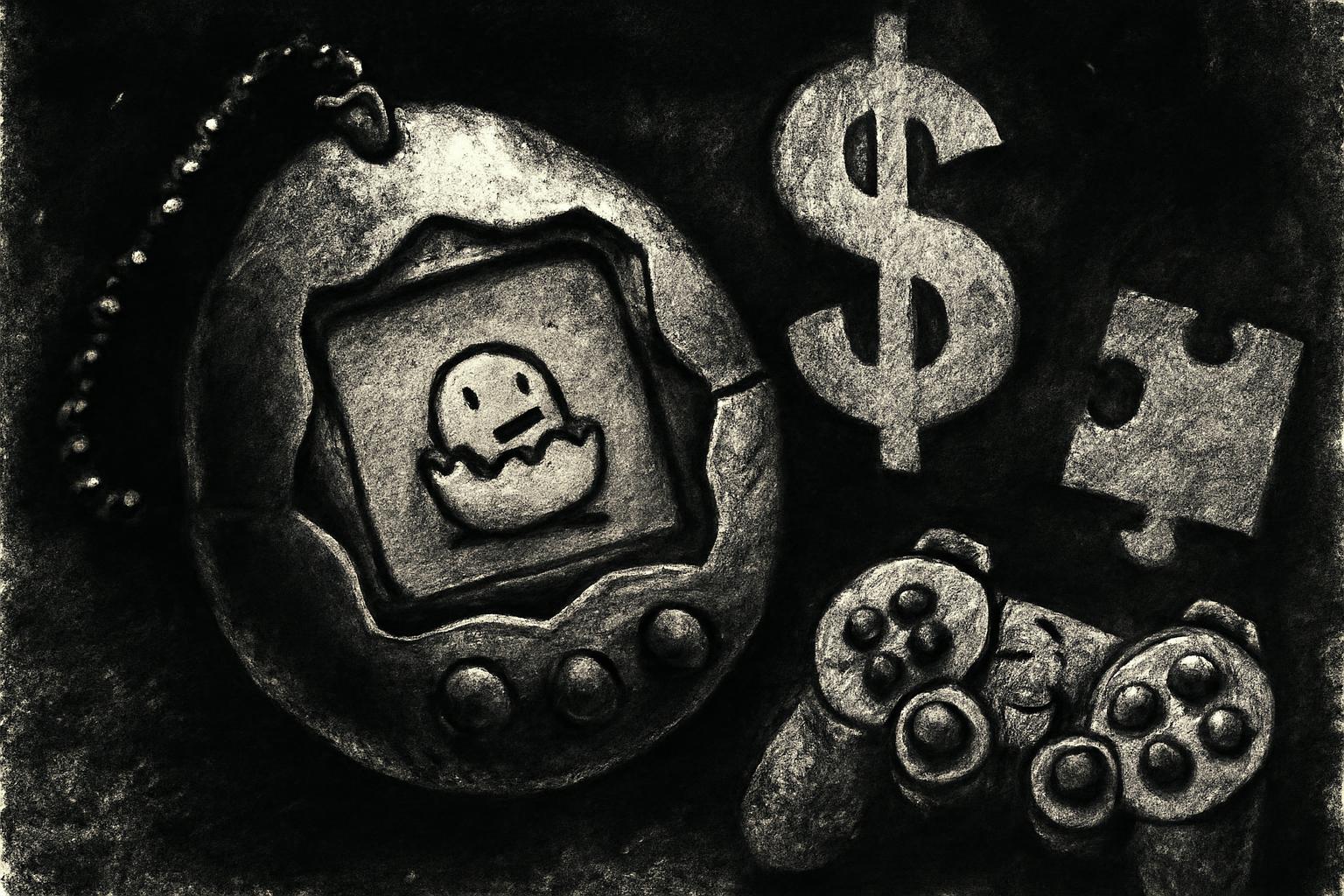Bandai Namco reboots Tamagotchi as Tamagotchi Paradise with a color display, zoom, nine languages, and the ability to connect with other devices for digital egg-laying. In Ikebukuro, fans queued at 10 a.m. and stock was gone in under a minute. The revival comes as Bandai Namco rides a comeback powered by licensing deals for Dragon Ball and Elden Ring, plus digital-first releases that cut costs and lift profits. A cross-platform marketing push—from figures and classic toys to collectibles and live events—keeps the brand valuable. The new Tamagotchi Paradise leans into nostalgia without pretending to be a high-end smartphone, courting a generation that wants a simple digital pet and a bit of digital detox.
They’re milking nostalgia like a cow with a stuck udder, and people pay it no mind because it tugs at the same old heartstrings. It isn’t magic—it’s a calculated reboot to squeeze more money out of the exact same idea. Bandai Namco isn’t merely selling a toy; it’s selling an ecosystem dressed up as “simpler times.” The big tricks: license leverage, where Dragon Ball and Elden Ring become perpetual profit engines; a gleaming cross-media empire that makes you want the figurines, the events, the limited editions, the digital add-ons, all while pretending this is a rebel-free, minimalist gadget for detoxing from smartphones. They’ll tout “digital detox” while harvesting data points, nudging you toward recurring purchases, and weaving you deeper into a brand halo that never truly goes away.
And yes, they pretend the device is just a cute companion, but the real product is the ecosystem you can’t quit once you’re hooked. The Tokyo frenzy isn’t excitement for a toy—it’s a controlled reveal, a theater of scarcity designed to trigger impulse buys before the next licensing deal drops. Bandai Namco’s profits aren’t rising from a wildly clever invention; they’re rising from a steady empire built on nostalgia, licensing mitochondria, and the lowest possible marginal costs with maximum repeat revenue. If you think this is about a harmless digital pet, you’re fooling yourself—it's a carefully calibrated money generator that pretends to give you a guilt-free mini-retro retreat while quietly attaching you to yet another stream of revenue.
